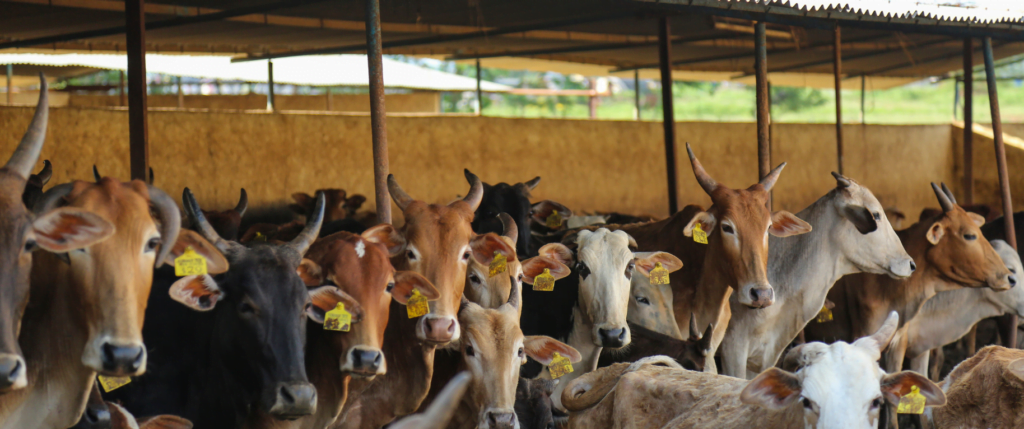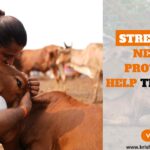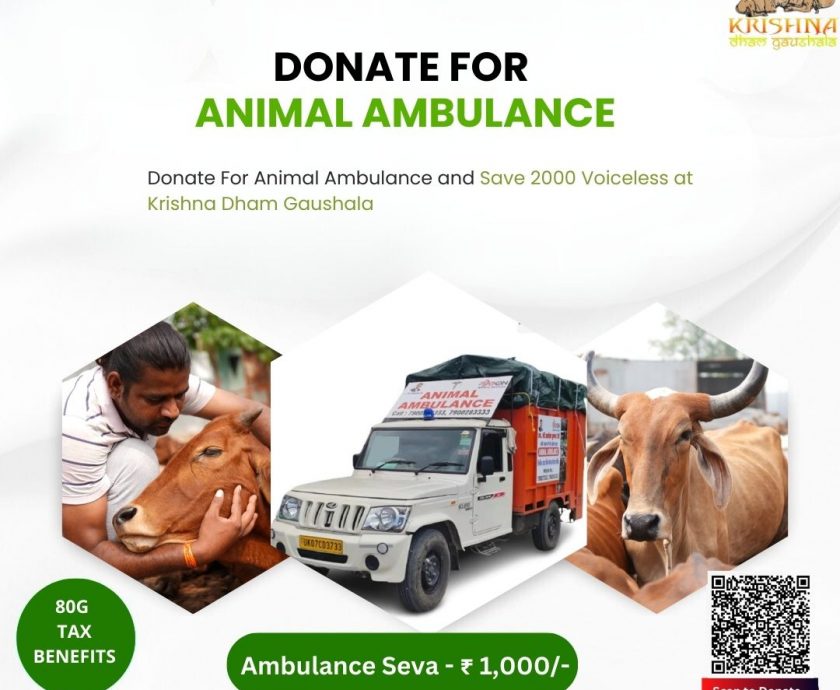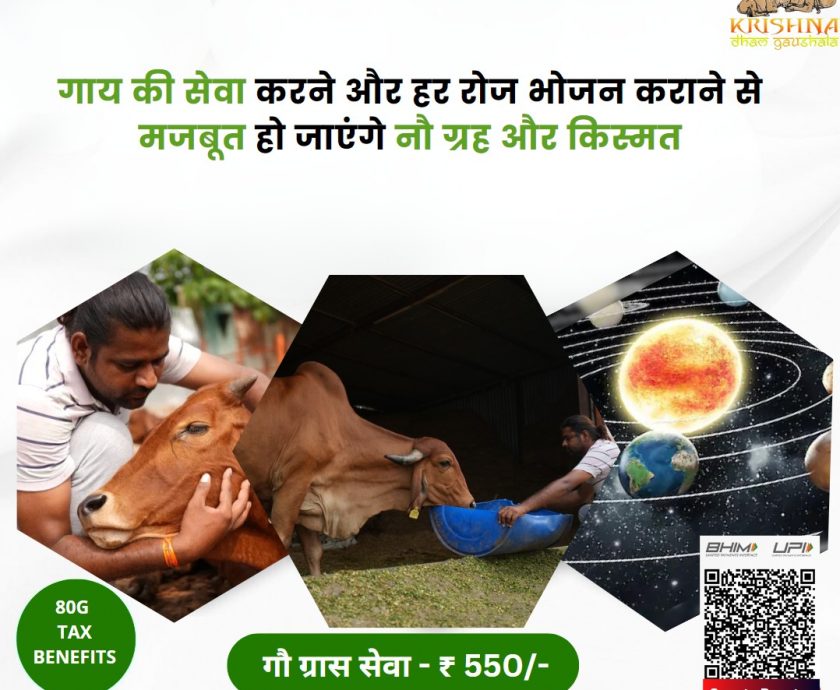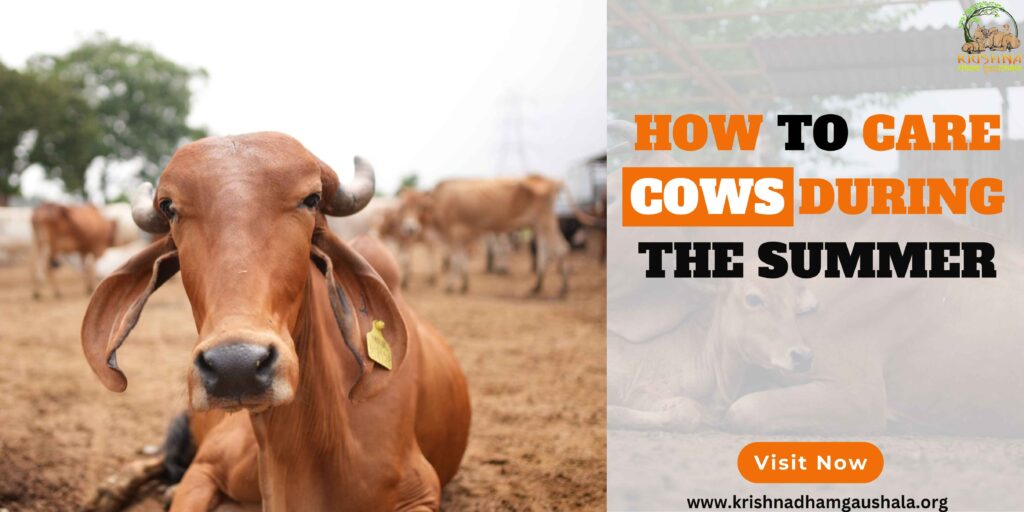
Cow Caring Tips During Summer
As the sun starts blazing and temperatures rise, it is not just us humans who feel the heat—it’s our animal friends too. Among them, cows are particularly sensitive to high temperatures. Proper care during the summer months is essential to ensure their health and well-being. In this guide, we’ll explore some simple yet effective ways to keep your cows cool and comfortable when the mercury climbs.
Understanding Cow Heat Stress: Firstly, it is important to understand why cows are susceptible to heat stress. Unlike humans, cows can’t sweat profusely to cool down. Instead, they rely on panting and seeking shade to regulate their body temperature. When temperatures soar, and humidity levels rise, cows can easily become overheated, leading to decreased milk production, poor fertility, and even heatstroke.
1. Providing Ample Shade
One of the most crucial aspects of summer cow care is ensuring they have access to shade throughout the day. This could be natural shade from trees or artificial structures like barns or shade sails. Adequate shade allows cows to escape direct sunlight, reducing the risk of heat stress.
2. Access to Fresh Water
Just like humans, cows need plenty of water to stay hydrated, especially during hot weather. Make sure to provide clean and cool water sources that are easily accessible to your cows. Regularly check water troughs to ensure they are clean and functioning properly.
3. Proper Ventilation – Cow Caring Tips During Summer
Good airflow is essential for maintaining a comfortable environment for your cows. Ensure that barns and shelters are well-ventilated to allow hot air to escape and cooler air to circulate. Installing fans or misters can further enhance airflow and help keep cows cool.
4. Adjust Feeding Practices
During hot weather, cows may eat less, which can impact their overall health and milk production. Consider adjusting feeding times to cooler parts of the day, such as early morning or late evening. Additionally, providing high-quality, easily digestible forage can help reduce heat generated during digestion.
5. Manage Grazing
If your cows graze outdoors, consider rotating pastures to ensure they have access to fresh, green grass. Avoid grazing during the hottest parts of the day and provide supplementary feed if necessary. Monitor grazing areas for signs of overgrazing, which can reduce shade and exacerbate heat stress.
6. Monitor Health and Behavior
Keep a close eye on your cows for signs of heat stress, including excessive panting, drooling, and reduced activity. If you notice any signs of distress, take immediate action to cool down the affected cows. This may involve spraying them with water or moving them to a shaded area.
Minimize Stress: Lastly, try to minimize sources of stress for your cows during the summer months. Avoid unnecessary handling or transportation, and provide a calm and comfortable environment for them to rest and relax.
Conclusion
Caring for cows during the summer requires diligence and attention to detail. By providing ample shade, fresh water, proper ventilation, and adjusting feeding practices, you can help prevent heat stress and ensure the well-being of your herd. Remember to monitor your cows closely for any signs of distress and take prompt action to address them. With the right care, your cows can stay cool and comfortable even in the hottest weather.
Also check out our YouTube Channel

